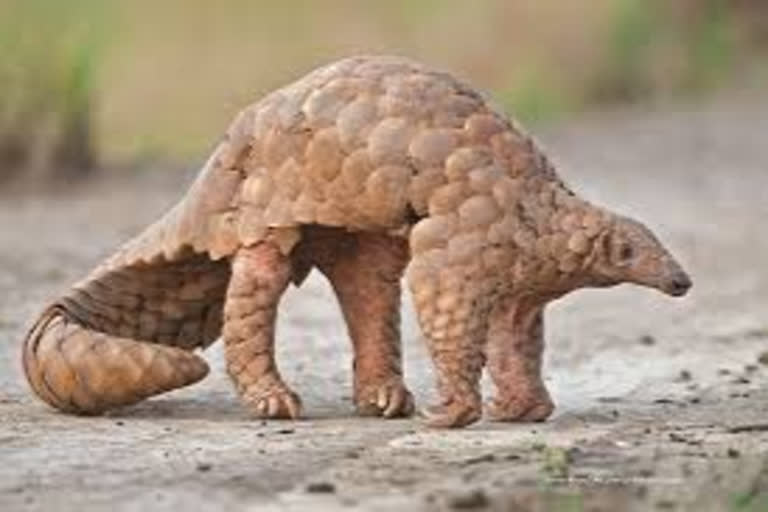Hyderabad: At a time when entire mankind across the globe is suffering due to coronavirus pandemic, the animal - Pangolins seem to be the least affected.
Researchers’ estimate that this is due to the genetic diversity seen in these endangered mammal species.
Scientists opine that these Pangolins may have served as carriers of the coronavirus from bats to humans.
The key question that poses to the scientists is the uniqueness of the genome in the Pangolin, which is not letting the virus harm the animal while affecting the humans so severely.
If this Pangolin gene system can be detected, scientists feel that it can be a major outbreak in defining the treatment procedure in containing the coronavirus in humans.
Read:ICMR partners with Bharat Biotech for developing indigenous COVID-19 vaccine
In contrast to the immunity of humans, the immunity system of the Pangolin seems to be capable of living in asynchronously with the coronavirus.
"When certain viruses enter the human body, some genes try to detect them and trigger the immunity system of the body. There are no such genes that detect viruses in the Pangolins. Hence, these animals have little or no immunity in fighting the virus or are changing their response times. Likewise, there is no impact of the coronavirus in Pangolins” say the Austrian researchers.
Read:DBT approves 70 proposals for funding COVID-19 vaccine
They have compared the genomes of animals like Pangolins, humans and other mammals and have found that the immunity system present in these mammals is not found in the species like Pangolins, for thousands of years now.
It is to be noted that researchers are trying to control the genetic signs of COVID-19 as it happens in the Pangolin immune system.
Also Read:COVID-19 vaccine hunt heats up globally, still no guarantee
